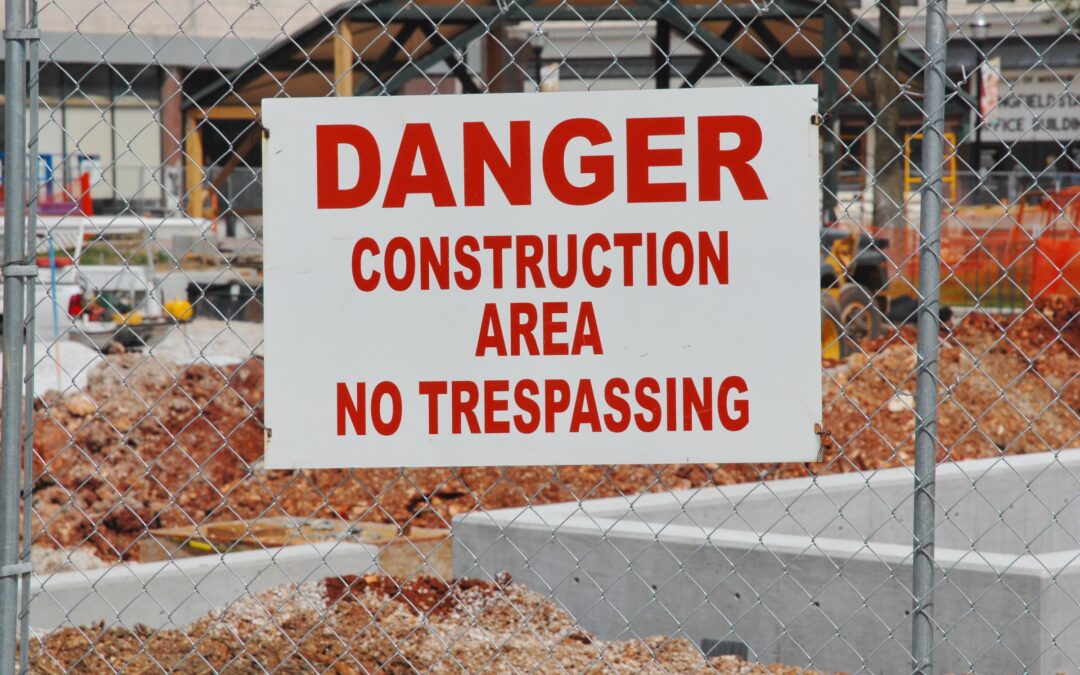Underinsurance is a massive headache for Australian insureds and insurers.
And inflation is escalating the problem.
A new study by UK insurer Aviva, Risk Insights Report 2023, shows 50% of the 1,250 SME and corporate level businesses surveyed for its report are underinsured.
A similar survey in Australia would unquestionably arrive at a similar figure as both countries face similar macro-economic circumstances.
Aviva found many businesses were unclear on the scope of their insurance and 40% of property owners have not updated the amount they’re insured for within the last three years.
No valuations
Covid-19 lockdowns mean many businesses haven’t had their assets, including buildings, stock and machinery, properly valued for several years. Many have reassessed how they work, which changes the nature of their risks.
This year’s rapid increase in inflation means the value of businesses’ sums insured need to be updated to ensure they have sufficient cover to suit their needs.
Inflation pushes up costs across the supply chain, driving higher replacement costs. Supply chain disruption often results in difficulties acquiring standard and specialist parts, causing delays and extending the time it takes for a business to return to normal operations.
That means the indemnity period for business interruption (BI) losses should be assessed to ensure it is adequate.
Labour shortages are another compounding factor. Specific skills are not always available, thus increasing the time a business needs to be covered under its BI policy.
Dangerous combination
The nation is experiencing skill shortages across a wide range of employment areas, including IT, truck driving and the construction industry.
Add increased fuel and energy prices into the mix, and it’s a dangerous combination for those whose assets are underinsured.
The average or co-insurance clause inherent in most policies means if you insure for less than the full value of your property, an insurer can reduce a claim in proportion to the amount of underinsurance.
So, reducing sums insured in a bid to reduce premiums is a recipe for danger.
Homeowners, too, need to review the costs and time required for repairs. The shortage of materials and labour affects residential reconstructions as much as the business sector.
Australian Property Investor says more than 20 building companies collapsed in 2022 and there have been at least another five so far in 2023.
Risk management
Risk management is the key to ensuring you are not caught short if you need to lodge an insurance claim.
Talk with JMD Ross Insurance Brokers about likely rebuild costs for your assets, the time required, and the availability of contractors.
Together we can closely monitor your needs and seek professional valuations, if required, to ensure you are adequately protected.
With a full understanding of your business and its exposures, we can put an insurance program in place for you.
JMD Ross can suggest risk management initiatives to reduce your risks and mitigate against potential losses.


